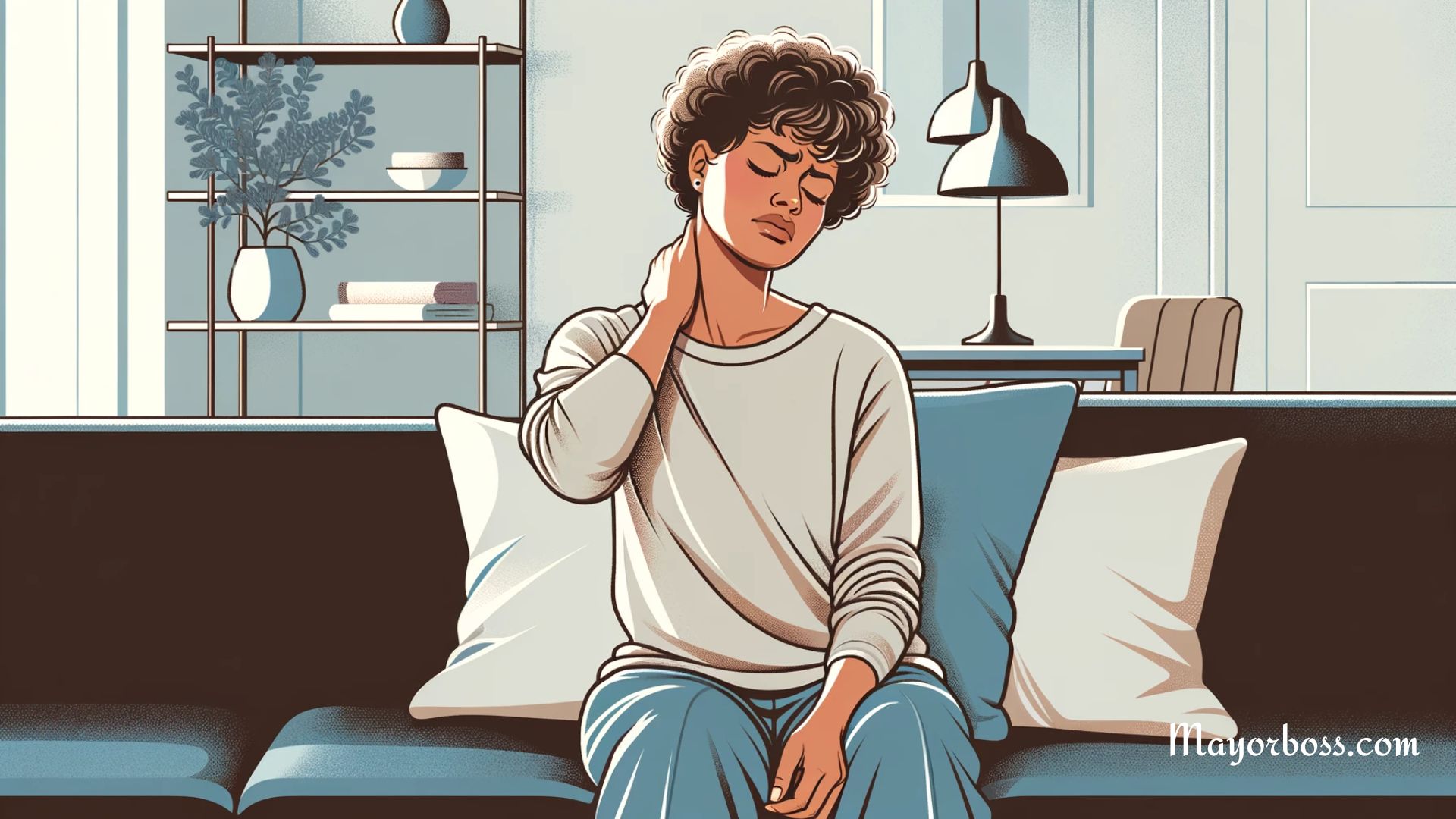Neck Problems: Everything You Need to Know
What Are Neck Problems?
When you have a neck problem, it usually means you’re experiencing discomfort or pain in your neck area. This could be due to various reasons like muscle strains, worn joints, nerve compression, or even diseases.

Common Causes of Neck Pain
Neck pain is often sparked by lifestyle habits or occurrences. For example, you might strain your neck muscles if you spend too many hours hunched over your computer or smartphone. Other common causes include:
- Muscle tension and strain
- Injuries, which could happen from falls, car accidents, or sports
- Herniated discs or bone spurs in the vertebrae of your neck
- Osteoarthritis is a common joint disorder that can cause neck pain
Symptoms That Accompany Neck Problems
You might notice more than just pain. Sometimes, you could feel a knot in your neck muscles or have a hard time moving your neck. Often, neck pain is paired with:
- A sharp ache
- General soreness
- Radiating pain, which can spread to your arms or shoulders
- Numbness or tingling
- Trouble swallowing
- Pulsating headaches
Diagnosing Neck Issues
If you’re dealing with neck pain, a healthcare provider will check your history and do a physical exam. You might need tests like X-rays, CT scans, MRI, or blood tests to help pinpoint the exact cause of your discomfort.
Treatment Options for Neck Pain
Treatment for neck problems can vary widely, depending on what’s causing the pain. Sometimes, it might just be rest and physical therapy. In other cases, you might need medication, chiropractic treatment, or even surgery. Here are some common treatments:
- Resting your neck muscles
- Applying heat or cold to the sore area
- Physical therapy exercises to strengthen and stretch the neck
- Pain medication or muscle relaxants
- Wearing a cervical collar for support
- In rare cases, surgical procedures to relieve nerve or spinal cord compression
Preventing Neck Pain
You also have the power to prevent neck pain with some simple habits. Keeping a good posture, not sitting for too long in one position, and exercising regularly can keep your neck muscles strong and flexible. Plus, making sure your desk, chair, and computer are at the right height could also make a big difference.
Living with Neck Pain
If you’ve got chronic neck pain, it’s crucial to adopt a lifestyle that manages your symptoms. You may find relief with regular exercise, stretching, and perhaps applying heat or cold to the affected area. Also, managing stress through relaxation techniques like deep breathing can be beneficial.
In conclusion, neck problems can stem from a variety of causes and can present with different symptoms. While you can take steps to prevent or alleviate neck pain, if you’re experiencing severe or persistent pain, it’s important to seek medical advice to get a proper diagnosis and treatment plan.
Further Reading: 8 Possible Causes of Neck Pain on the Left Side
